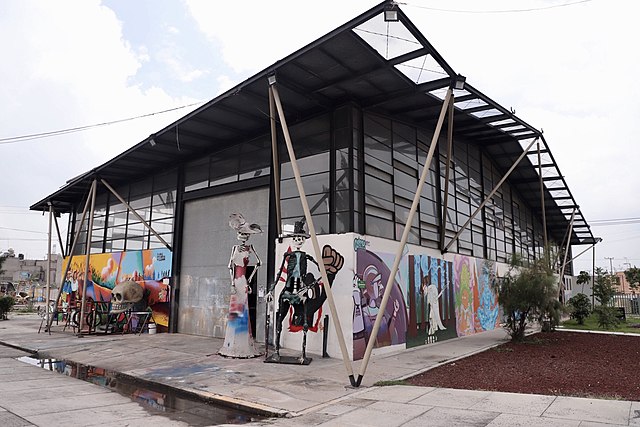
El FARO de Oriente, en Iztapalapa, es uno de los centros culturales más populares del sistema FARO. Las Fábricas de Artes y Oficios (FARO) son unos de los centros culturales más concurridos de la ciudad. La instalación de Iztapalapa es simultáneamente un centro cultural, una escuela de arte, un punto de encuentro y un estudio de danza. La programación suele llenarse enseguida, pero he aquí lo que comúnmente se encuentra en un mes:
El FARO de Oriente abrió sus puertas en el año 2000. Diseñado originalmente como un edificio en forma de barco, estaba destinado a servir como sede administrativa de la alcaldía de Iztapalapa. El arquitecto Alberto Kalach, más conocido hoy en día por la impresionante Biblioteca Vasconcelos, lamentablemente vio su proyecto esencialmente abandonado a mediados de los años noventa.
En el año 2000, un grupo de poetas que trabajaba en la conversión de espacios públicos abandonados en espacios culturales rebautizó el lugar, y con él, todo el sistema FARO. Hoy en día, hay talleres de jardinería y puede admirarse la biblioteca Alejandro Aura, cuyos 18.000 volúmenes fueron donados por el escritor y crítico Carlos Monsivais antes de su muerte en 2010.
 difusion@farodeoriente.org
difusion@farodeoriente.org
 +52 (55) 5738 7440
+52 (55) 5738 7440
 https://www.facebook.com/faro.deoriente/
https://www.facebook.com/faro.deoriente/
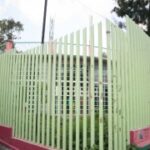
Cercano a 0.72 kms.
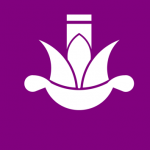
Cercano a 0.73 kms.
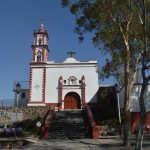
Cercano a 0.77 kms.
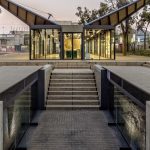
One of the most attractive of the Utopia Sports and Cultural Complexes is a major scientific center too.
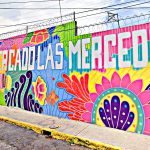
Las Mercedes es el mercado público de la parte baja de San Miguel Teotongo.
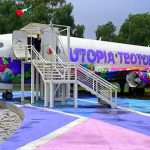
Un parque y centro comunitario entre Teotongo y dos pueblos históricos.
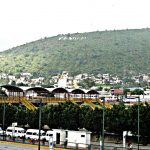
Uno de los volcanes más reconocibles de la Ciudad de México...
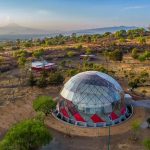
El parque es cada vez más importante como espacio educativo y de observación astronómica.